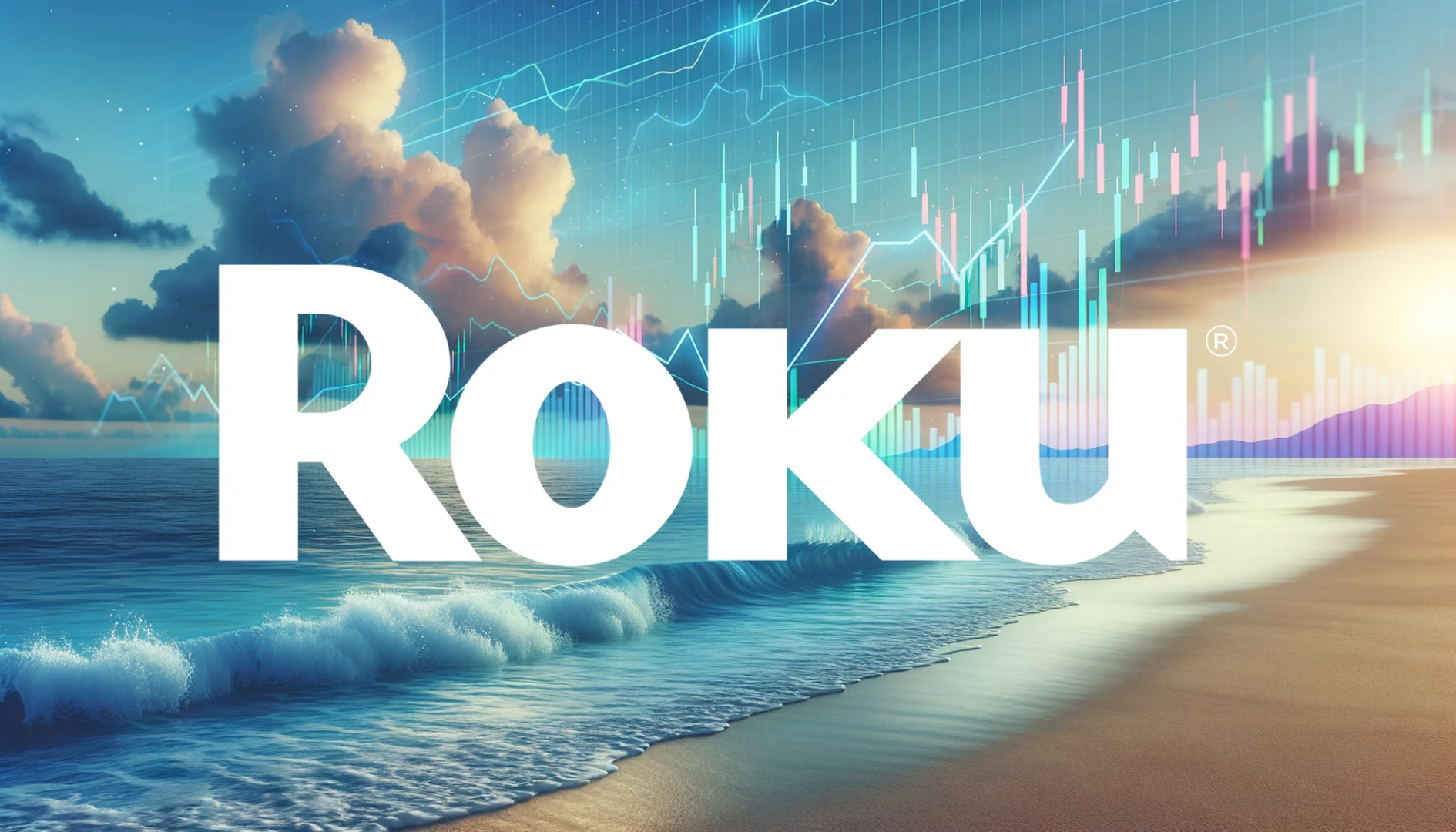The investment case for streaming platform Roku presents a classic conflict between Wall Street optimism and insider caution. As market analysts elevate their recommendations, corporate executives are simultaneously liquidating substantial personal holdings, creating a confusing landscape for shareholders.
Executive Sell-Offs Contrast With Upgraded Ratings
Recent weeks have witnessed significant insider selling activity at Roku. On November 10, CEO Anthony Wood disposed of shares valued at $5.2 million, a transaction that triggered an immediate 5.6 percent stock price decline. This sale forms part of a broader pattern, with company leadership collectively divesting over $53 million in corporate holdings throughout the previous quarter.
This internal skepticism emerges despite overwhelmingly positive analyst sentiment. Piper Sandler recently revised its position from “Neutral” to “Overweight,” establishing a $135 price target. This upgrade follows similar bullish moves from Evercore ISI and Citizens JMP. The research firm Zacks has additionally positioned Roku on its coveted Strong Buy list.
Revised Earnings Estimates Fuel Optimism
The foundation for this analyst enthusiasm lies in dramatically improved profit projections. Over the past two months, earnings expectations for Roku have been revised upward by an impressive 83.3 percent. This adjustment exceeds even the company’s encouraging third-quarter results, which marked Roku’s first return to operational profitability since 2021.
Should investors sell immediately? Or is it worth buying Roku?
The timing of these developments adds another layer of complexity. While executives reduce their exposure, the company prepares for a critical holiday season performance test.
Holiday Season Presents Crucial Validation Point
Beginning November 20, Roku launches its Black Friday promotion strategy, offering discounts up to 50 percent on televisions and streaming hardware. Concurrently, the company is deploying its latest operating system, Roku OS 15, across its device ecosystem.
These strategic moves position the streaming specialist to capitalize on seasonal consumer spending, providing tangible evidence whether the company can meet elevated analyst expectations. The performance through this period will either validate Wall Street’s confidence or justify management’s apparent caution.
Investors now face the fundamental question: Are insiders acting on substantive concerns about business prospects, or simply capitalizing on favorable market conditions? Until the next quarterly report in February 2026, market participants must navigate the tension between external analyst euphoria and internal executive skepticism.
Ad
Roku Stock: Buy or Sell?! New Roku Analysis from February 8 delivers the answer:
The latest Roku figures speak for themselves: Urgent action needed for Roku investors. Is it worth buying or should you sell? Find out what to do now in the current free analysis from February 8.
Roku: Buy or sell? Read more here...









